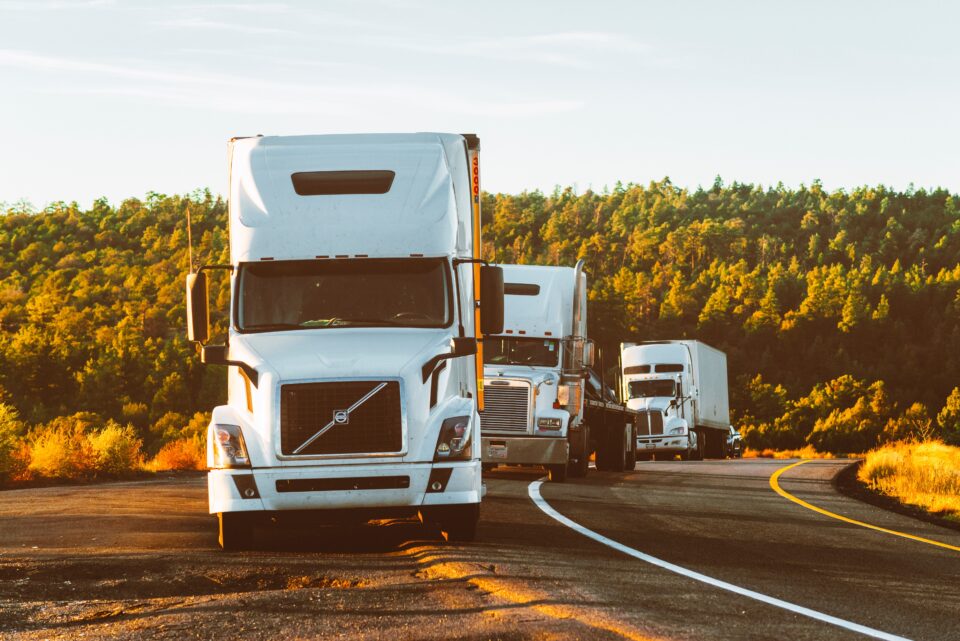Introduction:
Tarpaulins, also known as tarps, are durable, waterproof, and flexible sheets made of various materials, including polyethylene or canvas. These versatile coverings have numerous applications, and one of their key uses is in the transportation industry. Tarpaulins provide invaluable protection for cargo during transit, ensuring its safety from external elements and potential damage. In this article, we will explore the different uses of tarpaulins in transportation and address some frequently asked questions related to their usage.
Applications of Tarpaulins in Transportation
Weather Protection: One of the primary purposes of tarpaulins in transportation is to shield cargo from adverse weather conditions. Whether it’s heavy rain, snow, or sunlight, tarpaulins act as a protective barrier against moisture, UV rays, and other external factors that could potentially damage the cargo.
Cargo Security: Tarpaulins provide an added layer of security for cargo by concealing it from prying eyes. This is especially important for valuable or sensitive shipments that need to remain discreet during transportation. By covering the cargo with a tarp, it becomes less susceptible to theft or unauthorized access.
Dust and Debris Protection: During transportation, cargo is exposed to dust, dirt, and debris that can accumulate and affect its quality. Tarpaulins help prevent these contaminants from settling on the cargo, keeping it clean and intact throughout the journey.
Abrasion Prevention: Tarpaulins offer a protective shield against abrasion caused by friction between cargo and other surfaces. They act as a cushion, reducing the chances of scratches, scuffs, or damage that may occur when cargo comes into contact with rough or uneven surfaces during transportation.
Versatile Load Covering: Tarpaulins are highly adaptable and can cover cargo of various shapes and sizes. They can be customized to fit specific dimensions, ensuring a snug and secure fit. This versatility makes tarpaulins suitable for a wide range of transportation modes, including trucks, trailers, trains, and ships.
Frequently Asked Questions (FAQs)
Q1: Are tarpaulins waterproof?
A1: Yes, tarpaulins are designed to be waterproof. They are made from materials that have excellent water-resistant properties, ensuring that cargo remains dry and unaffected by rain or water exposure.
Q2: Can tarpaulins withstand extreme weather conditions?
A2: Tarpaulins are built to withstand various weather conditions, including extreme heat, cold, wind, and rain. However, it’s essential to choose tarpaulins that are specifically designed for the intended climate and environmental conditions.
Q3: How are tarpaulins secured to the cargo?
A3: Tarpaulins can be secured using various methods, such as ropes, bungee cords, straps, or hooks. Many tarpaulins come with built-in grommets or eyelets that allow for easy attachment to the transportation vehicle.
Q4: Can tarpaulins be reused?
A4: Yes, HDPE tarpaulins are reusable and can be used for multiple shipments, depending on their condition and durability. Regular maintenance, such as cleaning and inspecting for tears or damage, can extend their lifespan.
Q5: Are tarpaulins environmentally friendly?
A5: Tarpaulins made from materials like polyethylene can be recycled, making them more environmentally friendly than single-use alternatives. It is important to dispose of old or damaged tarpaulins responsibly and explore recycling options available in your area.
Conclusion:
Tarpaulins play a crucial role in ensuring the safe and secure transportation of cargo. Their versatile nature and protective features make them an ideal choice for various applications within the travel and transportation industry. From protecting cargo against adverse weather conditions to preventing dust, debris, and abrasion, tarpaulins offer a reliable solution for cargo protection.
By using tarpaulins, transportation companies can minimize the risk of damage, ensure the integrity of the cargo, and maintain customer satisfaction. Additionally, tarpaulins contribute to the overall efficiency of the transportation process by reducing the chances of delays or losses caused by cargo damage.

